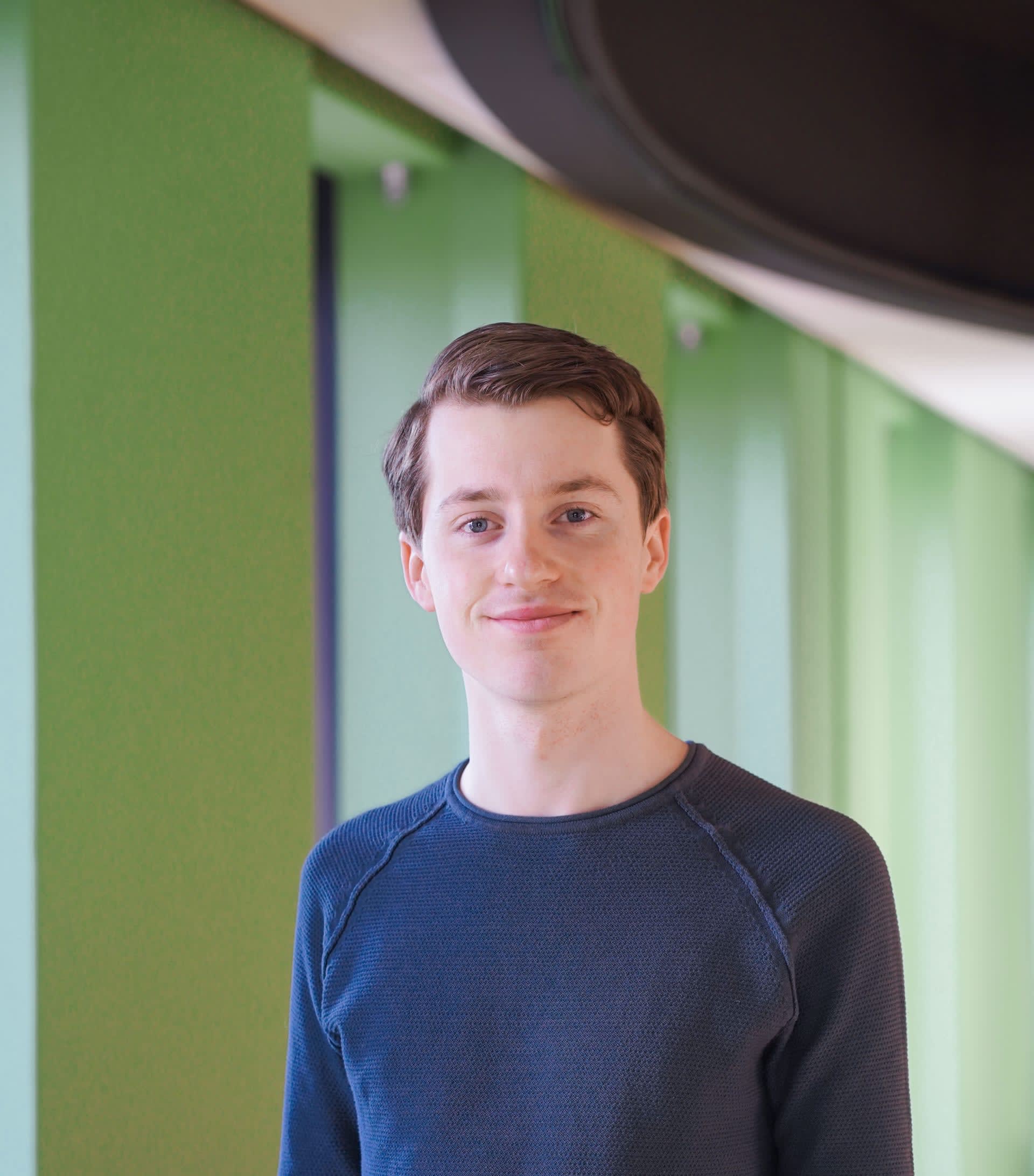´In my role as a full stack software engineer, I design and develop web applications that help our clients reduce unplanned downtime and energy consumption. Additionally, I develop applications for internal users to manage our predictive maintenance solution. When creating a new feature, I'm involved in every step of the development cycle from engineering and designing requirements to developing and maintaining the application. This lets us challenge the problem and gives us a lot of freedom to come up with a fitting solution.´
´Currently, I'm helping our technical onboarding specialists increase the number of sensors we can install each month. Here I work closely with the onboarding team to see where we can automate parts of their workflow and how we can make it easier to troubleshoot problems during the installation phase. Additionally, I am working with various technical teams to improve the labeling process of our AI models. This will provide us with better insights into the performance of our latest real-time condition monitoring models. ´
´As a fresh graduate, Samotics reminded me of the informal and ambitious culture found in student teams. Engineers are trusted to explore and solve problems independently, but there is always a teammate ready to discuss your ideas. This open and driven culture allowed me to take ownership and learn quickly. The problems we solve feel purposeful and yield exciting results in the real world. We're at a stage where I feel like I can make an impact on Samotics, and Samotics can make an impact on the world. ´
´At Samotics I got to develop myself in new types of real-world challenges. We have an innovative product, and the amount of assets we monitor is increasing fast. This means we always have to keep scalability in mind, both in terms of performance as well as from a user perspective. Due to our quick innovation and iteration cycle, I encountered many interesting challenges in the evolution of our architecture that you simply don't encounter at university.´
´I like to see software engineering as a big puzzle of architectures and algorithms. I enjoy talking with stakeholders to find out what they need and trying to find a way to fit these puzzle pieces together into a larger ecosystem. Problems evolve over time, meaning even the same challenge might need different solutions throughout the lifecycle of the software. This is what makes it exciting to me. There are always interesting problems to solve and new perspectives to learn from.´
´I would advise software engineers to not only consider working on a cool project but also with cool people! The environment you work in has a big impact on how and what you can learn during your career. I personally like an open environment where ideas can be challenged and puzzles can be solved creatively. That's what I consider the engineering part of software engineering.´


